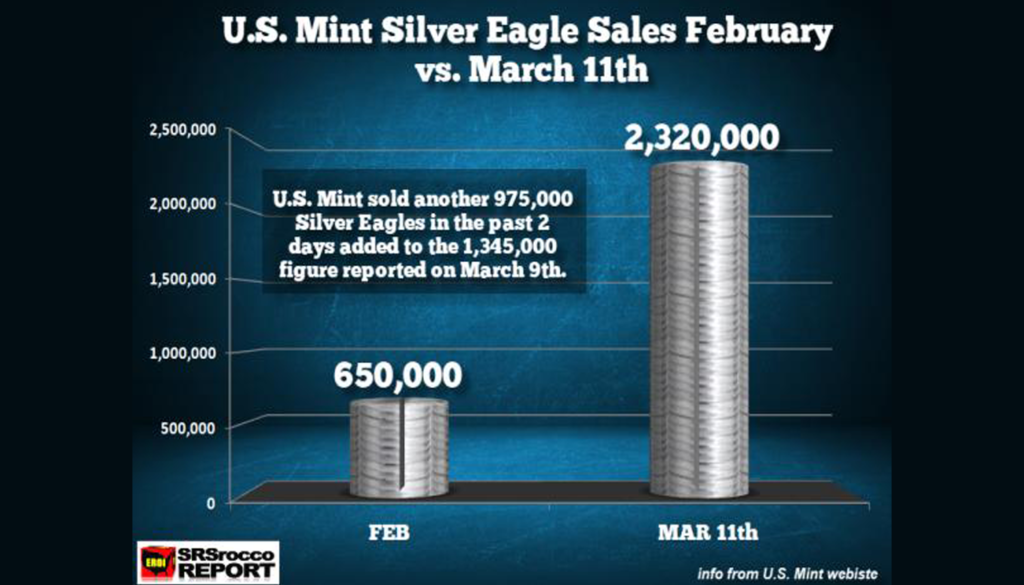In these pages we regularly mention the unique attributes of gold bullion investment, and how gold is able to diversify a portfolio like nothing else. We’ve cited a gold investment’s role in Harry Browne’s legendary Permanent Portfolio, the role gold has played in Jim Rogers’ stellar investment record, and why Swiss bankers and traditional money managers always steered clients to put >10% into gold bullion.
Research just out from the World Gold Council (WGC), titled ‘Gold as a Strategic Asset for UK Investors’, adds to the evidence that gold investing adds diversification to a portfolio like nothing else. This research argues that gold is the ultimate diversifier, and more relevant to investors today than ever. For more detailed analysis, read the WGC’s full report.
How gold investment offers diversification
The WGC’s new research finds that across a wide range of investment strategies, from conservative, moderate, to aggressive, gold ‘is a significant contributor to portfolio efficiency by reducing risk-adjusted returns and reducing expected losses’. Essentially gold can help balance many types of portfolios, and crucially help protect against losses. The WGC argue that holding between 2.6% and 9.5% own ones wealth in gold can help achieve this diversification.
Within the wider research piece the WGC also find, as others have before, that over a 25 year sample period gold has strong ‘risk-hedging credentials’. To cut through the jargon again, this means that gold is indeed good at protecting your portfolio when bad things happen.
Gold’s ability to reduce losses was tested… and during multiple periods of financial markets turmoil. During most market crises over the last 25 years, gold has consistently increased portfolio gains or reduced its losses. We found that in 78% of all the cases analysed, gold reduced the loss experienced during eight tail-risk events. For example, we found that during the 2008–2009 recession investors having a modest allocation to gold saw a reduction in losses… for various levels of risk tolerance… we found that all portfolios containing gold significantly reduced losses during the worst two periods linked to the European sovereign debt crisis. Investing in gold with part of your portfolio was found to benefit UK investors with different risk tolerances over a significant time period, and crucially during financial crises.
Why does diversification matter for gold investors?
Gold is still a small investment market, with wider levels of education about gold and relevant investment products generally being low. But, what the latest WGC research adds to is a compelling body of analysis that finds that gold’s unique properties can offer a lot to investors.
However, gold’s unique ability to diversify a portfolio is the trump card that should be the focus of attention here. Investors are sat on large amounts of cash at the moment. This is understandable, investment markets have been confusing and tricky to navigate since 2008 and the financial system continues to exhibit stresses and strains.
Gold investors might deem a gold bullion investment a superior form of liquidity, than holding dollars, euros, pounds or yen. At the very least, with its unique diversifying properties, gold should be considered by other investors as another form of liquidity. A savings mechanism without default risk, free from the influence of central bankers, that offers protection against losses when the bad times get really bad.
Diversification matters more often than we realise
One of man’s limitations is his lack of ability to predict the future. As a result we use the past as a guide to try and map the future. Unfortunately this method of prediction and modelling is akin to driving looking in the rear view mirror. Mainstream finance and economics suffers from the same afflictions, and given that >90% of investment returns occur during financial crises, investors must be well prepared for such market events. Steady gains over 10 years can be wiped out in days and weeks, and bumps in the road arrive more regularly than the priests of high finance predict.
There are other ways of looking at the world though that plans for crises to happen more often than we seem able to predict. This school of thought, involving the likes of Nasim Taleb, Benoit Mandelbrot and Didier Sornette, holds that financial markets and the global economy are simply too complex as systems for the human mind to fully comprehend. Investors wanting to learn more on this might enjoy books like The Black Swan(probably the best start) and the (Mis)Behaviour of Markets (perhaps a better second book), where black swans, complexity theory, fractals and more are introduced and put in context.
Returning to investing in gold, what this means for savers and investors is that given crises and bad things happen more regularly than we can predict (JPMorgan stock holders anyone?), investments that add diversification and crucially reduce losses during the bad times are worthy of significant consideration.
Money on the side-lines looking for a home
Gold’s unique properties and diversifying properties should be considered a little more by investors and money managers given that they currently hold such relatively large amounts in cash. In the UK investors are demonstrating a trend of withdrawing money from traditional investments (equities and bonds), and opting for the ‘safety’ of cash instead. The WGC’s latest study adds to research on this phenomenon.
A recent survey of high-net-worth (HNW) investors conducted by the Scorpio Partnership revealed that of the discretionary managed-asset pool, 40% were not conforming to their benchmark and that during the second half of 2011, respondents had been building their cash positions at the expense of equity and fixed income allocations. This dash to cash has two potentially detrimental repercussions for investors. The first is the stagnation of their capital due to lack of income from cash holdings with low and even negative real yields. The second is the concern that monetary stimulus eventually leads to unavoidable and problematic inflation. You don’t need to be an investment guru to have serious concerns about equity markets, bond defaults and money printing, and this capital currently sitting in cash might look for other homes. Given gold investment’s diversifying properties, the owners and managers of some of this capital should consider gold at least as an alternative adding new features and extra diversification to a portfolio.
Within this dynamic, the Financial Services Authority’s (FSA) Retail Distribution Review (RDR) will soon give retail money managers more scope for diversification and wider asset allocation. This provides the potential for some of these mom and pop cash holdings to look elsewhere for a more optimal home. For more on this, read our guide to RDR and gold investment.
For investors wanting diversification, a more balanced portfolio and protection against the unforeseen, gold bullion investment stands ready to answer the call.
Wealth Wire – Wednesday, July 18th, 2012






